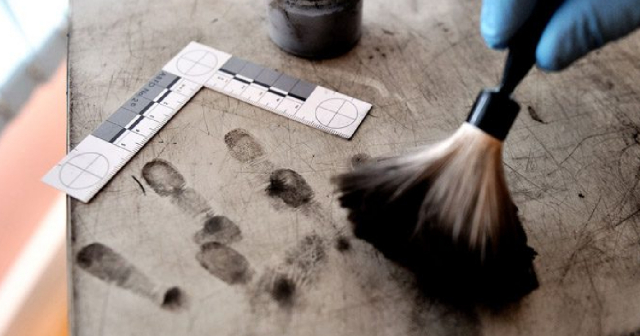Five Cubans were sentenced to life imprisonment for having committedfemicides in Cuba during 2023, according to official reports.
In an appearance on the programWe make Cuba, led by the official spokespersonHumberto Lopez, officials of the Supreme Court and the Prosecutor's Office assured that the sanctions of the new Cuban Penal Code against perpetrators of crimes of gender violence have been toughened.
During the previous year,two defendants were sentenced to 40 years in prison for murders of women andMore than 70% of the sanctions ranged between 25 and 30 years of deprivation of liberty, indicated official sources.
Maricela Sosa Ravelo, vice president of the Supreme People's Court, explained that in the Penal Code there are "22 criminal figures that classify crimes in which the sanctioning frameworks are aggravated when gender violence or any other form of discrimination is present."
The Cuban regime did not include the figure of feminicide in the new Penal Code approved in May 2022.
Cuban legislation includes the crime of “murder” and establishes “sanctions of 20 to 30 years in prison,perpetual deprivation of liberty or death to anyone who deprives a woman of her life as a consequence of gender violence.”
Sosa specified that thesentenced to life imprisonment They do not have the right to conditional release, except in “exceptional cases after they have served 30 years they could request” that measure.
Likewise, he pointed out that last year a “strict policy” was also applied against individuals who carried outthreats against women, which he assured is the crime linked to gender violence that is most committed in the country.
63% of those guilty of this crime were sentenced to imprisonment, of which 57% were deprivation of liberty.
Alina Montesinos Li, deputy attorney general of Cuba, assured that, following a complaint from a victim of violence, the prosecutor's office investigates and evaluates what precautionary measure to impose. “In cases of greater harm, of greater physical and mental damage, provisional detention is imposed,” he said.
Montesinos insisted that, in cases of gender violence, women can request protection from the courts so that they can order precautionary measures.
But, according to spokesperson López, what he called the “prevention system” of acts of violence against women in Cuba “does not always work because events that are really serious continue to occur.”
The Cuban regime opposes classifying the murders of women as femicides, a terminology used and accepted internationally by all countries that recognize the existence and combat this scourge.
However, the ongoing work of the independent feminist platforms Yo Sí Te Creo en Cuba and Alas Tensas, which bring to light attacks on women by their former or current partners and have demanded that the Cuban government provide statistics on these crimes, has helped put the focus on sexist murders and disappearances of women in the country in recent years.
The observatories of both platforms have recorded 220 femicides in Cuba since 2019, of which 89 occurred last year.
So far this year, the underreporting maintained by both groups has accounted for15 femicides in Cuba.
Last December, the Cuban government published the official number of femicides committed in the country until October 2023:117 women murdered by their partners or ex-partners, a total that exceeds the number of violent deaths of women recorded by independent civil society feminist organizations.
The Cuban regime, deeply patriarchal, continues to insist on avoiding the use of the word 'feminicide' when talking about sexist crimes against women.
The governorMiguel Díaz-Canel denied again a few days ago that femicides exist in Cuba.
“The anti-Cuban subversive platforms try to impose the matrix that feminicide exists in Cuba, a term that indicates alleged state inaction in the face of gender-based violent acts. We can categorically assure here that this is a media construction completely foreign to Cuban reality,” she stated categorically in her closing speech at the congress of the Federation of Cuban Women.
Díaz-Canel defended the measures adopted by his government to address the “murders of women,” which he refuses to classify as “femicides,” as he alleges that there is no “state inaction” in the face of these crimes.
What do you think?
COMMENTFiled in:
